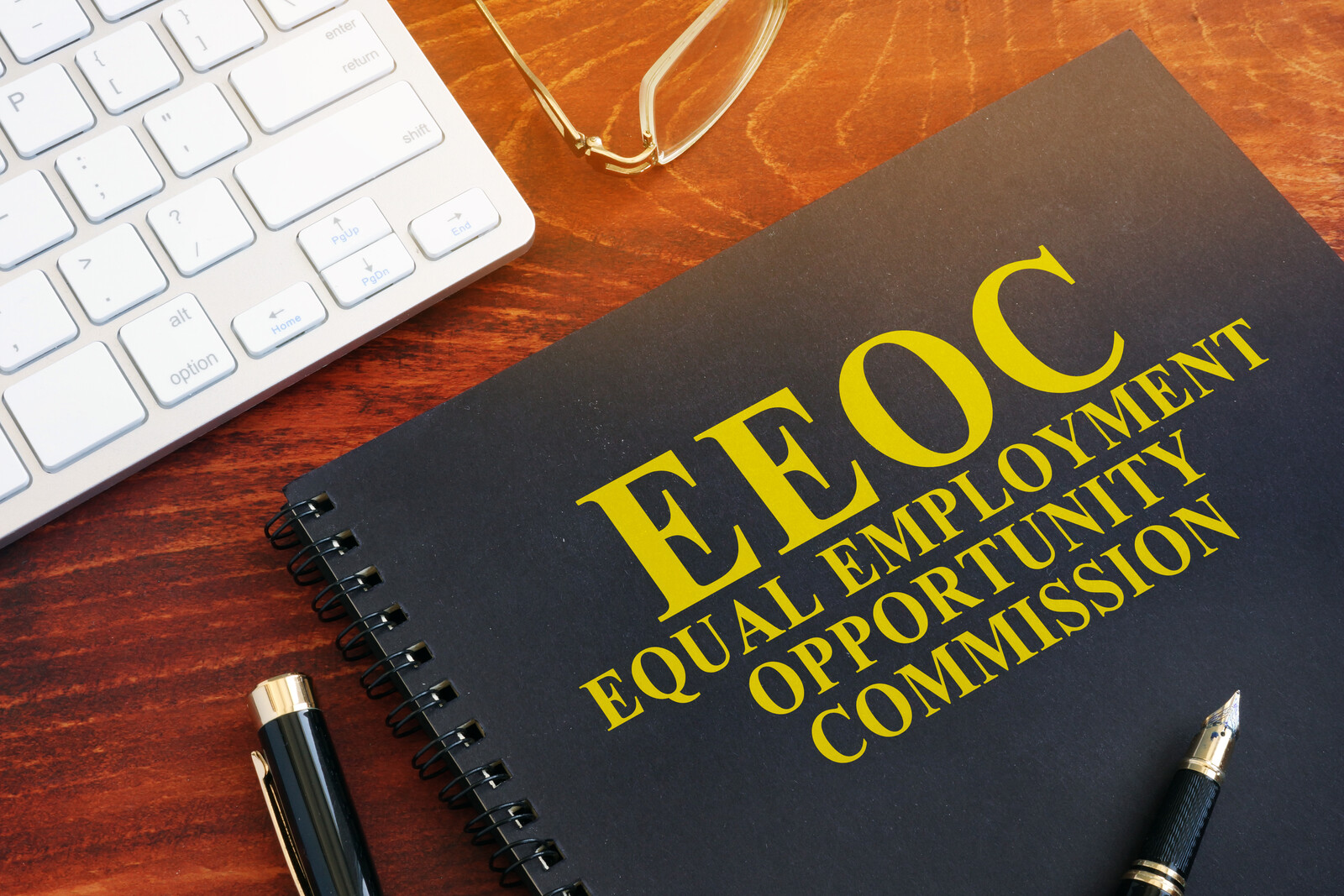7 Tips to Run an Effective Meeting
Is your calendar filled with meeting after meeting only to leave afterwards and not be sure what the next steps are?
If you want to get a snapshot of your organization’s effectiveness, look at your meetings. Are they efficient and productive? Do their results justify the time and expense? Are meetings an occasion for collaboration, knowledge sharing, and getting things done? Or are they a waste of time and a cause of needless frustration?
The answers to these questions matter. Meetings aren’t cheap, so make each minute count. One employee’s lost hour is bad enough. When meetings are a waste, the costs are multiplied. Too many bad meetings and you’ll be seen as a company with poor resource management, and you may have the frustrated employees that usually come along with that reputation. So, how do you make every minute in a meeting count?
- Write and distribute an agenda for each meeting ahead of time. The agenda should list what topics will be discussed, who will lead each topic’s discussion, and how much time will be allotted for each topic. At the meeting, stick to the agenda. Whoever leads the meeting should bring everyone back to the agenda if the discussion veers too far off-topic.
- Invite only the people who need to attend the meeting. If someone doesn’t have something important to say or hear at the meeting, they probably don’t need to be there. Remember, you are paying for these meetings, and the more people attend, the more the meetings cost.
- Assign someone to take notes at the meeting. Ideally, this person would not be heavily involved with leading the discussion and could focus on quickly and accurately recording what was said and decided. After the meeting, make the notes available in a shared space online so others can make additions or corrections they feel are important. If the meeting generated assignments or a to-do list, the notes can serve as a way to track progress on action items.
- Stay focused on the agenda. If a particular topic needs more discussion than allotted, you may want to table it for a future meeting. However, an agenda shouldn’t always be the last word on what happens. If the agenda needs to be changed mid-meeting to get the most out of your time together, do it, but take care to record what changes were made and what still needs to be discussed later.
- Consider the audience when preparing and presenting. What do you want them to take away from the meeting? A general awareness of the status of a project? A detailed and nuanced understanding of an issue? The ability to deliver on an action item? Align the content and delivery style to what the audience needs.
- End the meeting on time and with clear action items for the next meeting or follow-up discussion. Every participant should have gained something from the meeting: information important for their work, a better understanding of something, a direction to take, or a task to do. If the meeting hasn’t produced something, it probably didn’t need to happen.
- Train frequent presenters. Public speaking involves a set of skills that may not come naturally to everyone asked to present. Even those who present frequently may benefit from feedback and coaching on their technique. Presenters prone to go off on tangents, ramble, or provide more detail than necessary could use help being more direct and concise. Those who tend to offer insufficient information, inadequately tie their points to the needs of the audience, or fail to explain their acronyms could use tips on explaining their ideas in more detail. There’s no need to train every speaker at a meeting, but if regular presenters have a habit of saying too much or too little and aren’t connecting effectively with their audience, a few pointers and practice sessions might do the trick.
Effective meetings require good organizational skills, but also good habits and discipline. If you put these tips into practice and commit to them, you’ll be well on your way to meetings that provide the most bang for your buck.







Reply a Comment